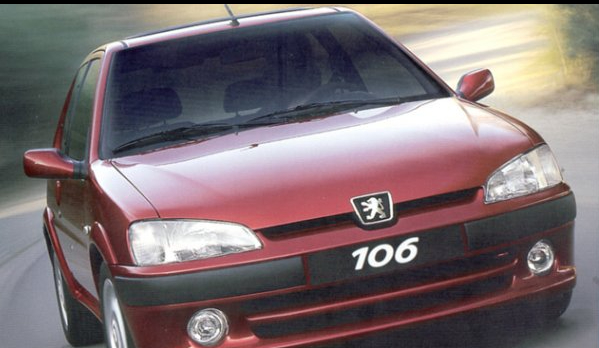The History of Peugeot in South Africa
Peugeot's presence in South Africa is a rich narrative that highlights the brand's adaptability and innovation within the country's automotive landscape. From its introduction in the early 20th century to its current position, Peugeot has played a significant role in shaping the South African automotive market.
Early Days: Introduction and Establishment
Peugeot's entry into South Africa dates back to 1896, making it one of the oldest automotive brands in the region. Initially, vehicles were imported from France, where the brand was already well-established. The early models, such as the Peugeot 201 and Peugeot 302, gained traction among affluent consumers seeking quality and performance.
In 1961, Peugeot established a local assembly plant in Port Elizabeth in partnership with the local company, A.M.I. (Automobile Manufacturing Industries). This strategic move marked a pivotal moment in the brand's history, allowing for localized production and reducing import costs. The assembly line began producing popular models tailored to the South African market, enhancing Peugeot's accessibility to a broader audience.
The 1980s: Expansion and Popularity
Throughout the 1980s, Peugeot expanded its model lineup and solidified its presence in South Africa. The introduction of models like the Peugeot 205 and the Peugeot 405 showcased the brand's commitment to innovation and performance. The Peugeot 205, in particular, became a bestseller, praised for its compact design, fuel efficiency, and agility—qualities that resonated well with urban consumers.
During this decade, Peugeot also focused on enhancing its manufacturing capabilities, ensuring that vehicles met local consumer demands and preferences. The company invested in quality control and improved production techniques, which further established its reputation for reliability and durability.
The 1990s: Challenges and Adaptation
The 1990s brought both challenges and opportunities for Peugeot in South Africa. The political transition to democracy in 1994 opened up the market to increased competition from both local and international manufacturers. Peugeot faced the challenge of adapting to a rapidly changing market landscape while maintaining its brand identity.
In response, Peugeot launched new models such as the Peugeot 306 and the Peugeot 406, which catered to a more diverse consumer base. The brand emphasized modern design, safety features, and technological advancements, which helped it regain market share amidst growing competition.
The 2000s: Strategic Alliances and Innovation
Entering the 2000s, Peugeot continued to strengthen its position in South Africa through strategic alliances, particularly as part of the PSA Group (now Stellantis). This affiliation enabled the brand to leverage shared resources and technologies, enhancing its competitive edge in the market.
The introduction of models such as the Peugeot 207 and the Peugeot 3008 highlighted the brand's commitment to innovation and versatility. These vehicles incorporated advanced safety features and modern technology, appealing to a new generation of consumers who valued both style and functionality.
Recent Developments: Sustainability and Future Growth
In recent years, Peugeot has focused on sustainability and eco-friendly mobility. As part of the global shift towards electric vehicles, the brand has announced plans to introduce hybrid and electric models in South Africa, aligning with the country's goals for reducing carbon emissions.
Peugeot's local manufacturing capabilities have also been enhanced, with investments aimed at modernizing production facilities to accommodate new technologies. This focus on sustainability and innovation positions Peugeot as a forward-thinking brand committed to meeting the evolving needs of South African consumers.
Conclusion
Today, Peugeot remains a respected and recognized brand in the South African automotive market, known for its diverse lineup of vehicles, ranging from compact cars to SUVs. The company’s history is characterized by resilience, innovation, and a commitment to quality.
As South Africa continues to develop economically and socially, Peugeot is well-positioned to embrace new opportunities and challenges. Through local production, strategic partnerships, and a focus on sustainability, Peugeot’s journey in South Africa exemplifies the dynamic interplay between global automotive trends and local market demands.









